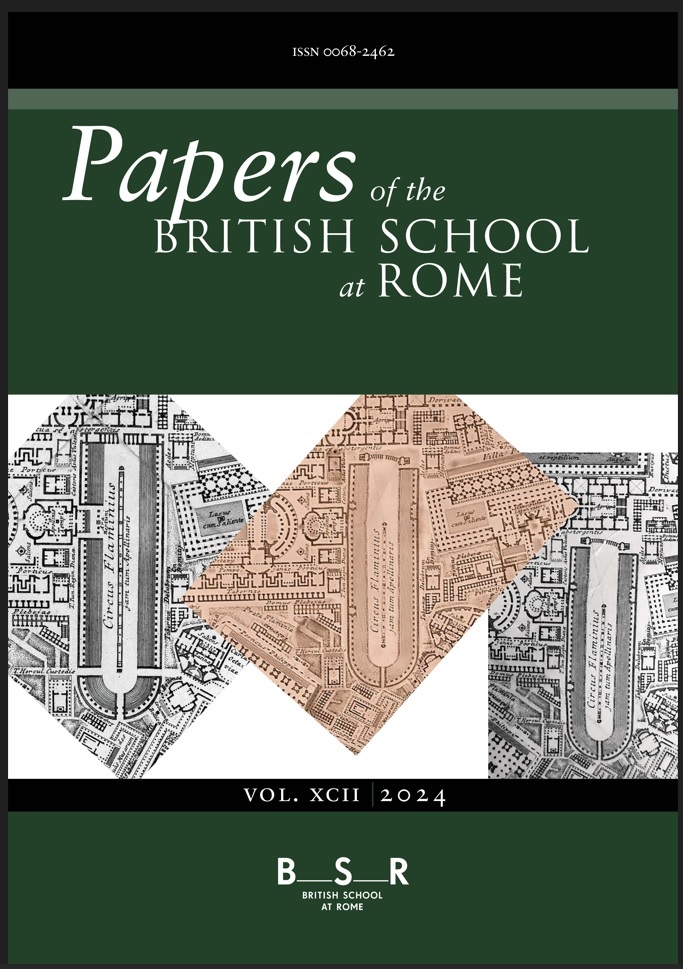My research focuses on the first-century ad Roman lawyer, Pliny the Younger, and in particular on his Epistles and Panegyricus, and the way in which they retrospectively addressed and characterized senatorial participation during the Neronian and Domitianic regimes.
I address aspects of a Plinian ‘anxiety’ that permeates the Epistles and Panegyricus, and dictates the manner in which he presented himself and his peers: the awkward fact of his active participation in the Domitianic regime. Pliny's career as a lawyer in the public service occurred during one of Roman Imperial history's most politically unstable periods; meaning that what constituted prescribed and ‘approved’ conduct for senators was regularly and repeatedly modified. Indeed, maintaining a consistent upward career trajectory meant that one had to keep company and nurture relationships that potentially were incompatible with one's personal morality. Pliny sought to resolve this predicament by retrospectively distancing himself from Domitian, and by defending and justifying his complicity during the emperor's reign.
A significant proportion of my time at the BSR was spent finalizing my Ph.D. thesis for examination. I researched and explored the ways in which oratorical styles were moralized during both the Roman Republic and the first century ad. It appears that the stark differentiation of opposed oratorical styles put forward by Pliny obliquely tapped into a debate that had been fought during the first century bc. In addition, Pliny sought quite overtly to link one's manner of speaking with a morality constructed ex post facto in order to allege the ethical superiority of those men who opposed the Neronian and Domitianic regimes.
I also considered a number of the death notices within the Epistles and traced the variety of ways Pliny utilized these to address his own, almost complicit, role in Domitian's reign. Generically speaking, Pliny wrote letters, but within that generic framework he felt at liberty to include elements of biography, death notice accounts of the exitus illustrium virorum and even poetry. Topically, one finds allusions to loftier subjects such as philosophy, literature, history and rhetoric mixed in with gossip and news. Last, in terms of the expected thematics of a letter turned death notice, one finds consolatio, praise of the dead, but also, unexpectedly for a memorial, not a little invective. These literary layers were examined in the light of Pliny's particular anxieties, as outlined above.
My time at the BSR was immensely productive and its facilities, especially the Library, have been instrumental to my research. I would like to thank all the staff for their time and assistance, and the fellows and visitors with whom I enjoyed such collegiality. I would also like to express my gratitude to Jeffrey Hilton and Suzanne Coleman, who made this experience possible.


